The government has been reshuffled and we have a new Minister for Universities, Michelle Donelan. Chris Skidmore was liked in the sector but has not had the role long, either time.
Reducing bureaucracy in research
After recent stories about plans to reduce bureaucracy in research bidding by removing a section on impact (later it was noted that impact should be covered in a different section instead!), UKRI are trialling a new “streamlined” process.
- The review will involve removing unnecessary paperwork like arduous funding applications and will examine research selection processes and research approaches and methods.
- As part of this, the government will be consulting with world-leading scientists, researchers, academics and others in the coming weeks on what more can be done.
The two calls are:
EPSRC New Horizons
EPSRC’s £10 million New Horizons fund will support up to 50 highly transformative research projects across mathematics and the physical sciences. The projects will be funded via a streamlined process, with a focus on the transformational potential of the research. Applications will be invited up to a value of £200,000, for a duration of two years, without costing required in the application. The proposal paperwork submission will only consist of an anonymous four-page case for support, with a further two pages outlining the team’s ability to deliver. Successful projects will provide detailed costings after a decision has been made. Proposals are welcomed across two broad areas:
- Novel physical sciences research aimed at new approaches for understanding fundamental Physics, Chemistry and Materials Science, the creation of new experimental approaches and the discovery of new molecules and materials.
- Novel advances in mathematical sciences research across the breadth of pure and applied mathematics as well as in statistics and operational research.
NERC Pushing the Frontiers of Understanding
The Pushing the Frontiers pilot will support the very best individual researchers in the environmental sciences to push the frontiers of knowledge with ground-breaking, risky, innovative scientific discovery. NERC £10 million Pushing the Frontiers pilot will fund successful proposals at the level of award to facilitate ground-breaking discovery over a period of three to four years. NERC will fund projects via a streamlined process, with focus on the proposed transformational research (five pages), and the skills and track record of the individual (two pages). Successful proposals will be asked for a justification of resources after a decision has been made. Proposals are welcomed across the environmental science remit.
Full guidance will be available when the calls are published in the coming weeks on the EPSRC and NERC websites.
Parliamentary News
Local MP Sir Christopher Chope (Christchurch) has introduced 41 Bills to the Commons. Chope is well known for filibustering (talking a lot so that Bills run out of parliamentary time and fail) and for objecting to private members’ bills so they do not have the chance to become law. It is likely he is playing a parliamentary game here (he has done this before) and none of his Bills will go anywhere. They look designed to provoke. One Bill he has introduced does touch on HE – student loan interest rate levels. This is a theme he has touched on before – we’ll be watching just in case the Bill does proceed.
And the reshuffle:
The Institute for Government has a summary:
- The full cabinet has now been appointed. There is one fewer cabinet minister, given the abolition of DExEU at the end of January, although Steve Barclay will still be in cabinet meetings as the new chief secretary to the Treasury.
- There are also fewer ministers ‘attending’ cabinet without having full cabinet posts. Under David Cameron and Theresa May, there were many of these ministers attending – but Boris Johnson has now reduced that to just four roles. Two of those who previously attended cabinet – Kwasi Kwarteng at BEIS and Lord Goldsmith at DfID, Defra and the FCO – are still ministers but no longer attend cabinet.
Student NDAs
The BBC has reported on 45 universities using NDAs to stop students publishing details of their complaints of harassment or bullying, amongst other things.
The story provoked outrage from the (then) Minister who called it “an abuse of power”. The BBC says: “The student complaints regulator, the Office of the Independent Adjudicator, said the use of NDAs was “not appropriate” and advised against the practice.”
Mobility
The PM intends to reduce the salary threshold for skilled migrant from £30,000 to £25,600 after Brexit. The detail of these plans will be confirmed following Friday’s cabinet meeting. This change follows substantial lobbying from several business sectors including the NHS and schools who rely on non-UK talent in lower paid job roles. The Migration Advisory Committee have been central to the immigration decisions over the last few years and have stepped down from their previous position to implement an across the board (all regions) higher salary threshold. In announcing this change the Government estimates that under the proposed Australian-based points system there will be a cut of 90,000 unskilled EU migrants coming to the UK a year, and an increase of 65,000 skilled workers from Europe and further afield. The new threshold is expected to be introduced for January 2021.
Yet to be discussed with the EU are the potential changes to fees for EU students to attend British universities after the end of the Brexit transition period. It is expected that EU students will be expected to pay international student fees. One thing to note is that there is a double impact here – not only will fees go up, but the students will no longer be eligible for student loans for tuition or maintenance.
And we’re waiting for a response to this parliamentary question raised by Daniel Zeichner MP:
- To ask the Secretary of State for the Home Department, whether she plans to create new endorsing bodies for the new global talent visa to enable science and technology companies in (a) Cambridge and (b) the UK to access the global talent that they need to innovate and grow. [624]
Role of feedback in well being
HEPI have published Students with few or no helpful teachers are 146% more likely to report a high level of dissatisfaction with life which highlights the factors most affecting student wellbeing following statistical analysis of the previous HE Student Academic Experience Survey results.
The key findings in What affects student wellbeing? (HEPI Policy Note 21) include:
- a relationship between ethnic identity and dissatisfaction with life, with life satisfaction scores of under 7 (on a 0-to-10 scale) varying from 42% among Bangladeshi students to 28% among White students
- a similar relationship between ethnic identity and anxiety, with anxiety scores of 7 or more ranging from 27% among Mixed identity students to 21% among Black African students
- more dissatisfaction with life among students from the lowest participation quintile than from the highest participation quintile (35% vs 30%)
- higher dissatisfaction with life among students who live at home while studying and who commute more than five miles (37%) than among those who have relocated to their place of study (30%)
- only 12% of students who relocate to study work 12 or more hours a week compared to 25% of students who continue living at home – but longer working hours have no significant effect on anxiety and only a small negative effect on life satisfaction
- 62% of students think all or most staff are helpful and supportive, while 22% say half and half are and 7% say few or none are
- as the proportion of staff experienced as helpful and supportive declines, the proportion of students reporting high anxiety rises, from 22% to 33%
- dissatisfaction with life is reported by 24% of students who feel all or most staff are helpful and supportive, but this rises to 49% among students who feel few or no staff are helpful and supportive
- when logistic regression is applied to the data to find out the actual independent effect of each variable, students who say they experience few or no helpful teachers are seen to be 146% more likely to report a high level of life dissatisfaction than students who report all or most teachers are helpful
- logistic regression also shows students who report few or no helpful teachers are 65% more likely to report a high level of anxiety than students who report all or most teachers as helpful
Tim Blackman, Vice-Chancellor of the Open University and the author of the report, said:
- ‘Student wellbeing is often seen through the lens of counselling and mental health support. This new analysis identifies other possible factors that may increase the risk of particularly high levels of anxiety and dissatisfaction with life among higher education students.
- Can some of the drivers of high levels of poor wellbeing among students be the way that we as universities and a sector undertake teaching and assessment? Can we look at student wellbeing and learn from good practice in the workplace, where stress is often seen in terms of how work is organised?
- … the statistical evidence found…suggests a wellbeing gain from improving teaching and feedback. Higher education institutions should see increasing their students’ experiences of helpful teachers and useful feedback not just as important to student achievement but also as part of their wellbeing strategies.’
Nick Hillman, Director of the Higher Education Policy Institute, said:
- ‘This new analysis…proves beyond reasonable doubt that there is a close link between teaching quality and student wellbeing. You cannot choose to focus on one or the other.
- Any institution that wants to raise its levels of student wellbeing should invest in teaching staff who know how to interact with students effectively and have the time to do so.’
Parliamentary questions
A parliamentary question on easier home/university student access to GPs.
Q – Dame Diana Johnson: To ask the Secretary of State for Health and Social Care, whether his Department has made an assessment of the potential merits of enabling students to register with a GP at home and at university.
A – Jo Churchill:
- Anyone who requires treatment that a general practitioner (GP) or healthcare professional regards as an emergency, or as immediately necessary, should be provided that treatment free of charge, regardless of whether they are registered with a GP.
- It is not possible for patients to register with two GP practices at the same time. However, we recognise that students registered with a university GP practice may wish to access treatment from another GP when returning home or when away from university. Students can therefore register as a temporary resident at another GP practice. Temporary residence applies where a person intends to be in an area for more than 24 hours but less than three months. Once registered, patients can receive treatment in the same way as other patients. Details of a patient’s treatment whilst at their temporary practice will be passed to their permanent practice.
- Inquiries and Consultations
Click here to view the updated inquiries and consultation tracker. Email us on policy@bournemouth.ac.uk if you’d like to contribute to any of the current consultations.
Recess
The Houses of Parliament have entered recess and there will not be a policy update next week.
Subscribe!
To subscribe to the weekly policy update simply email policy@bournemouth.ac.uk
JANE FORSTER | SARAH CARTER
Policy Advisor Policy & Public Affairs Officer
Follow: @PolicyBU on Twitter | policy@bournemouth.ac.uk

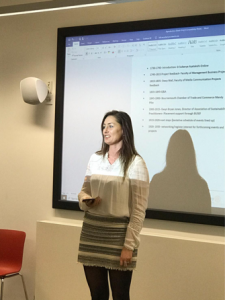

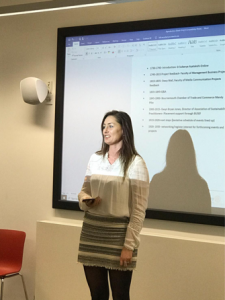
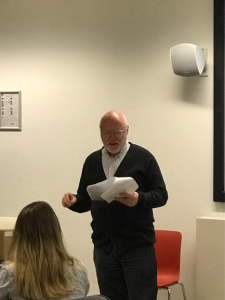
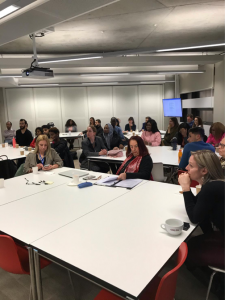
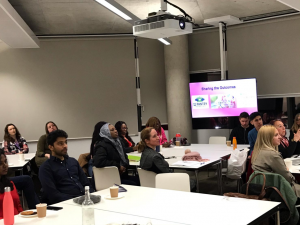
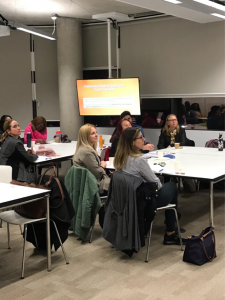





















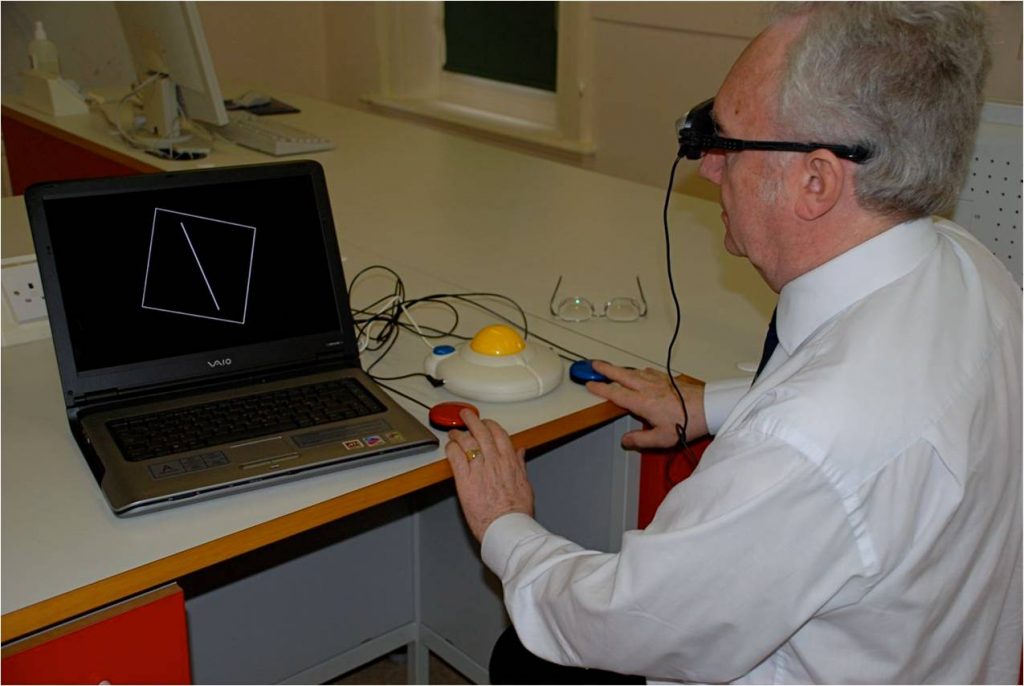
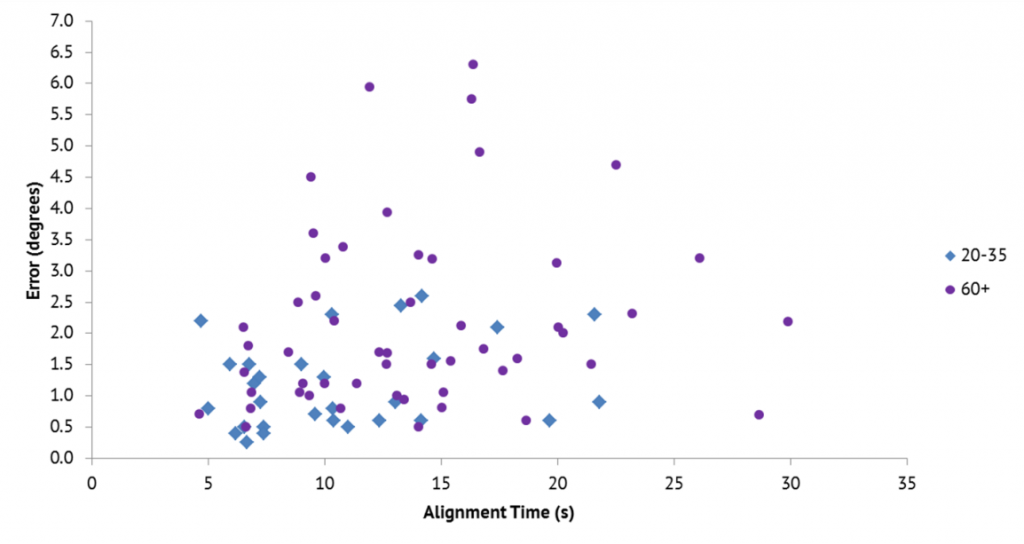 What does this mean?
What does this mean?

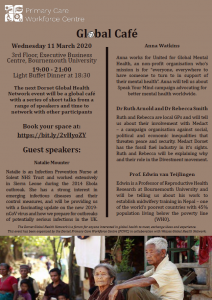



 Homelessness in the UK is a massive issue, with numbers increasing year by year. The South West region had the third highest number of rough sleepers in England in 2018. Bournemouth is within the top 24 local authorities for highest numbers of homeless individuals.
Homelessness in the UK is a massive issue, with numbers increasing year by year. The South West region had the third highest number of rough sleepers in England in 2018. Bournemouth is within the top 24 local authorities for highest numbers of homeless individuals.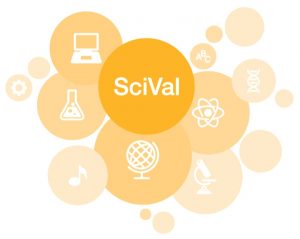
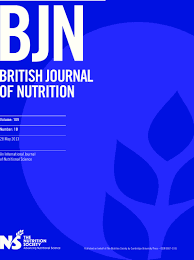


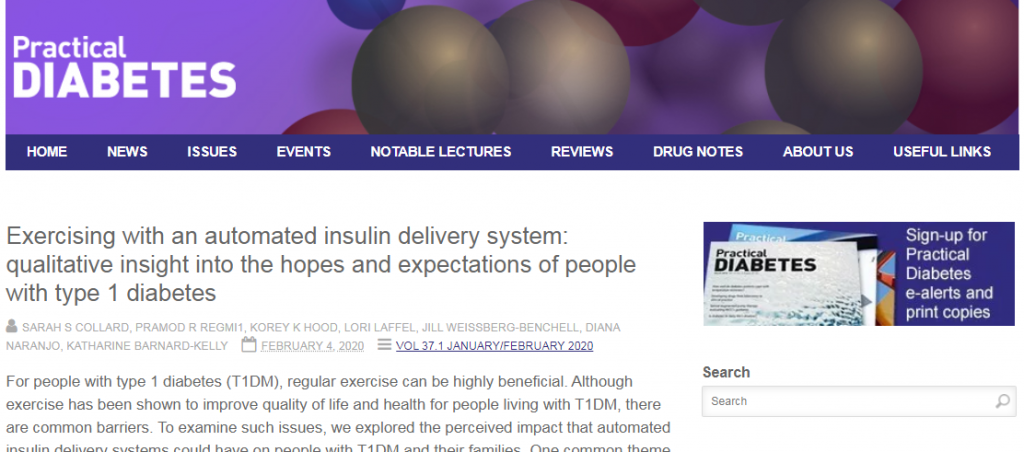












 BU attendance at third annual GCPHR meeting in June
BU attendance at third annual GCPHR meeting in June Interactive Tangible and Intangible Heritage Applications – BU student work featured in new book chapter
Interactive Tangible and Intangible Heritage Applications – BU student work featured in new book chapter Second NIHR MIHERC meeting in Bournemouth this week
Second NIHR MIHERC meeting in Bournemouth this week MSCA Postdoctoral Fellowships 2025 Call
MSCA Postdoctoral Fellowships 2025 Call ERC Advanced Grant 2025 Webinar
ERC Advanced Grant 2025 Webinar Horizon Europe Work Programme 2025 Published
Horizon Europe Work Programme 2025 Published Horizon Europe 2025 Work Programme pre-Published
Horizon Europe 2025 Work Programme pre-Published Update on UKRO services
Update on UKRO services European research project exploring use of ‘virtual twins’ to better manage metabolic associated fatty liver disease
European research project exploring use of ‘virtual twins’ to better manage metabolic associated fatty liver disease